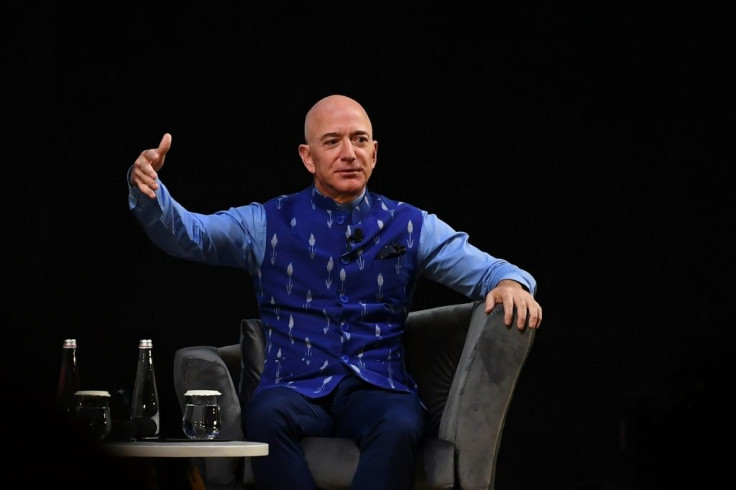Amazon Is Using Independent Seller Data To Develop Competing Products, Says Report

KEY POINTS
- Amazon told Congress that “we don’t use individual seller data directly to compete”
- WSJ spoke to 20 former employees and reviewed documents all showing this to be untrue
- Amazon said they have launched an internal investigation in response to WSJ's findings
Contradicting what Amazon told Congress as well as its publicly stated policies, a report from the Wall Street Journal found that Amazon employees “have used data about independent sellers on the company’s platform to develop competing products.” WSJ was able to come to this conclusion by reviewing documents and conducting interviews with more than 20 former employees of Amazon’s private-label business.
In July of last year, lawmakers on the House Judiciary Committee’s antitrust panel grilled Amazon, Facebook and Google. The chair of the committee, Rep. David Cicilline, D-R.I., pressed Nate Sutton, an associate general counsel at Amazon, about these allegations, saying “You said we do not consult data to compete with other sellers online. You do collect enormous data about prices [and] what’s popular. You’re saying that you don’t use that in any way to promote Amazon products? I remind you, sir, you’re under oath.”
Sutton responded, saying “The algorithms are optimized to predict what customers want to buy regardless of the seller. We provide this same criteria, and with respect to popularity, that’s public data. On each product page we provide the ranking of each product.” He later clarified his statement, saying “We don’t use individual seller data directly to compete” with businesses on Amazon’s platform.
The WSJ report produced evidence which proved this statement made under oath to Congress to be untrue, where “Amazon employees accessed documents and data about a bestselling car-trunk organizer sold by a third-party vendor. The information included total sales, how much the vendor paid Amazon for marketing and shipping, and how much Amazon made on each sale. Amazon’s private-label arm later introduced its own car-trunk organizers.”
In response to the WSJ’s findings, Amazon produced a written statement which claimed that “Like other retailers, we look at sales and store data to provide our customers with the best possible experience. However, we strictly prohibit our employees from using nonpublic, seller-specific data to determine which private label products to launch.”
Amazon told the Journal that the company has launched an internal investigation in response to the report.
It is common practice for grocery stores and other retailers to launch their own products to compete with brand names, but what makes Amazon’s practice highly scrutinized is their unique access to vast troves of data which provides them with a much larger advantage to understand the market than the brands operating on their platform.
Amazon is currently facing antitrust scrutiny from around the world, as the European Union’s top antitrust enforcer launched a probe in 2018 to investigate whether Amazon was abusing its dual role as a marketplace platform and seller of its own products. Last year, the United States Justice Department and the Federal Trade Commission began investigating whether Amazon and other big tech companies are unlawfully stifling competition.
A former employee who spoke to the WSJ and claimed they regularly accessed seller data said “we knew we shouldn’t. But at the same time, we are making Amazon-branded products, and we want them to sell.”
© Copyright IBTimes 2025. All rights reserved.




















